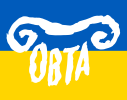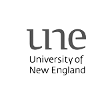Our Mythical Nature: People
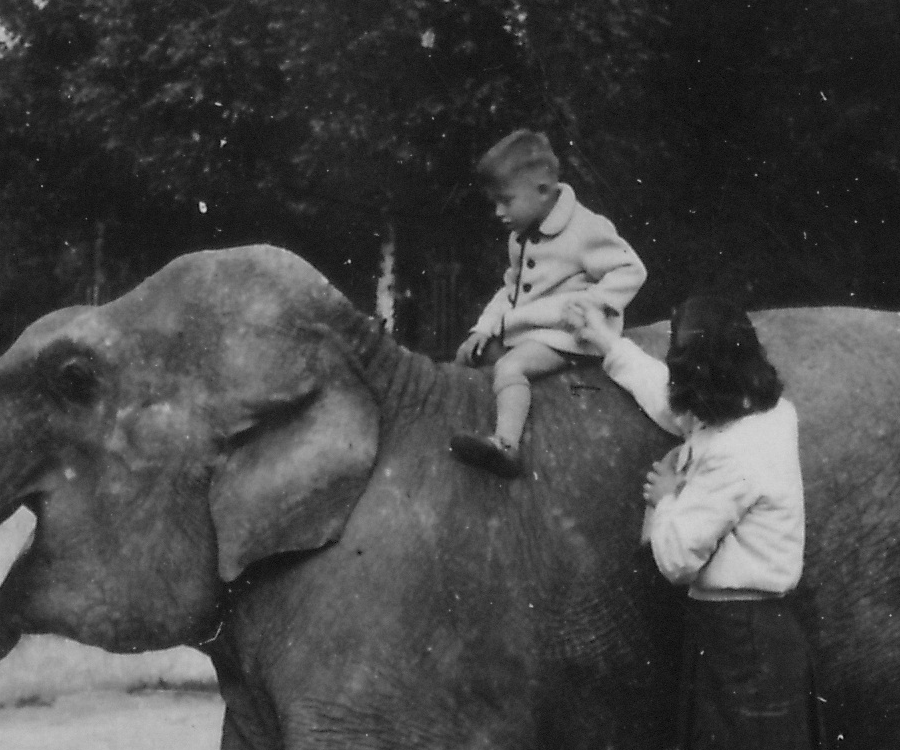
Jerzy Axer
Faculty of "Artes Liberales", University of Warsaw
Reading from Genesis (3:1–24) for Animals
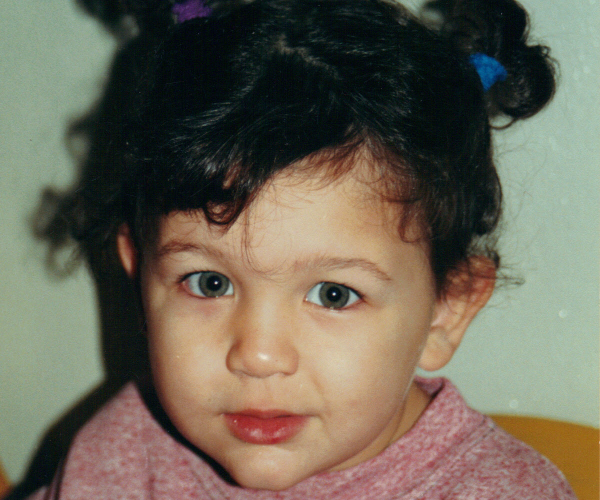
Alessia Borriello
Department of Classical Philology and Italian Studies, University of Bologna / Erasmus Programme
alessia.borriello2@studio.u...
Olympus Ready-to-Wear: A Game for Children
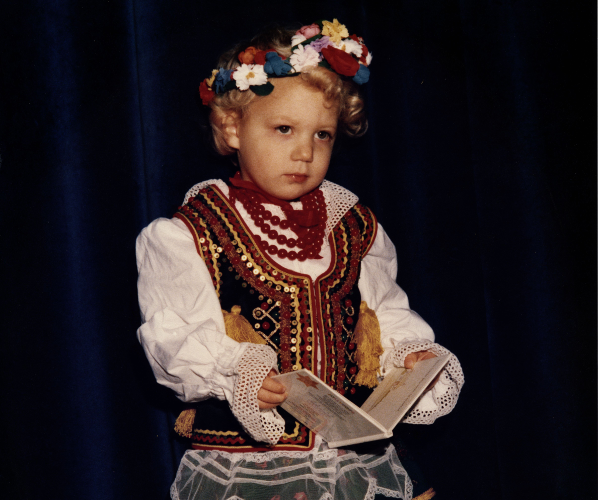
Rachel Bryant-Davies
School of Languages, Linguistics and Film, Queen Mary University of London
“The frailty of sublunary things”: Classical Myth, Pedagogical Media, and Moral Education in the Eighteenth and Nineteenth Centuries

Krishni Burns
Department of Classics and Mediterranean Studies, University of Illinois Chicago
Mythical Skyscapes: Constellation Myths in Educational Picture Books
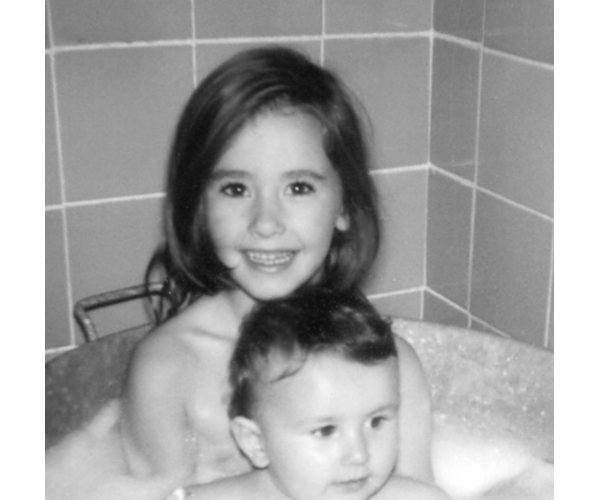
Veronique Dasen
Department of Historical Sciences, University of Fribourg
From Greek Amulets to Contemporary Jewelry: The Secret Agency of Nature and Animals in the Life Cycle of Young Individuals
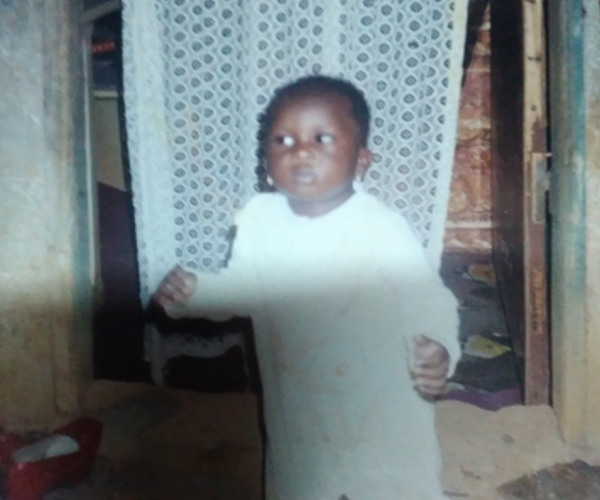
Eleanor A. Dasi
Department of English ENS, University of Yaoundé 1
Nature Dynamics: From Descriptive to Prescriptive Nature Images in Yael Farber's "Molora"
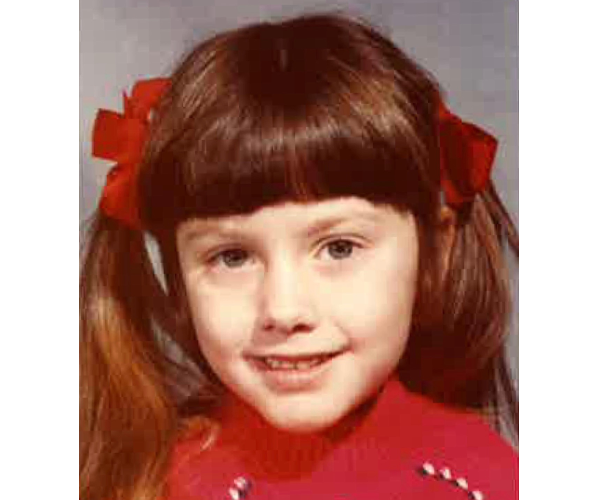
Susan Deacy
School of Humanities, University of Roehampton
"Hercules [...] went out to a quiet place and sat, pondering" (Xenophon, Memorabilia 2.1.21): What Happened Here and Why It 'Speaks' to Autistic Children
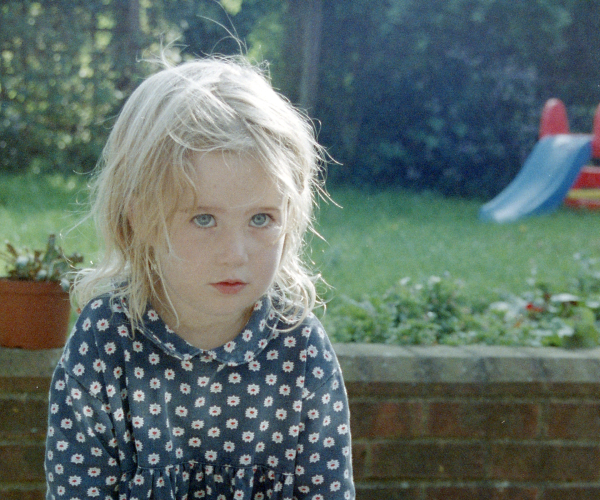
Robin Diver
Department of Classics, Ancient History and Archaeology, University of Birmingham
The Problem of Animals and Rape: Children's Anthology Adaptations of the God Pan
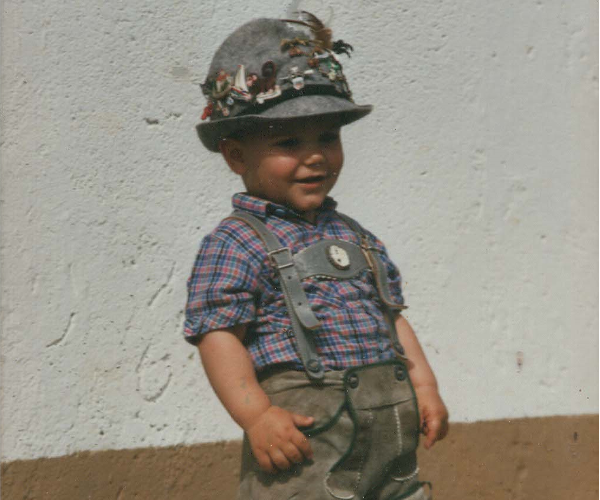
Raimund Fichtel
Department of Greek an Latin Philology, Ludwig Maximilian University of Munich
raimund.fichtel@klassphil.u...
The “Venus Grotto“ of Ludwig II. of Bavaria – The Childhood Dream of a Gentle Tiberius
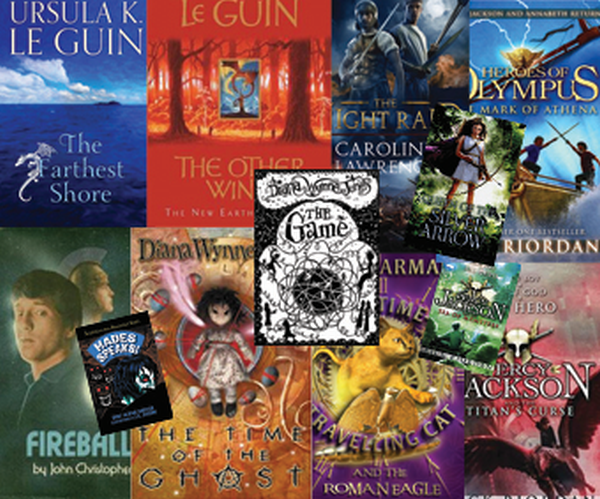
Frances Foster
Faculty of Education, University of Cambridge
Gods and Landscape in Megan Whalen Turner’s “The Thief”
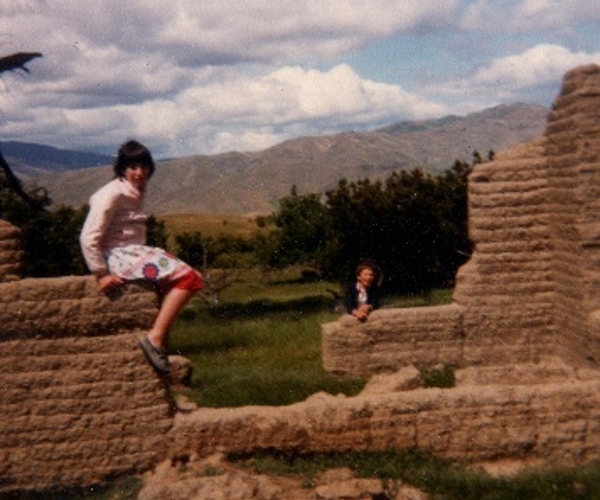
Elizabeth Hale
School of Arts, University of New England
Witi Ihimaera’s “Whale Rider” and the Ulysses of the Pacific

Edith Hall
Department of Classics, King's College London
Muscular Christian Classicism: Nature, Race and (Anti-)Science in Charles Kingsley's "The Water Babies"
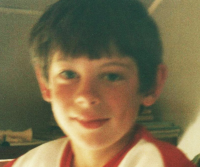
Owen Hodkinson
Faculty of Arts, Humanities and Cultures, University of Leeds
Shaggy Dog Stories: Two Novels of Odysseus' Dog Argos
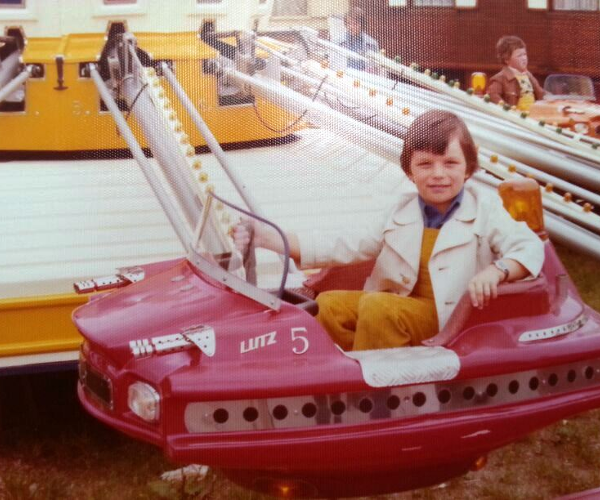
Markus Janka
Department of Greek an Latin Philology, Ludwig Maximilian University of Munich
markus.janka@klassphil.uni-...
“Mens antiqua manet” – “The Mind of Old Remains” (Ovid, “Metamorphoses” 2.485): Humanized Animals in Ovid’s “Metamorphoses” and Contemporary Children’s and Young Adults’ Literature
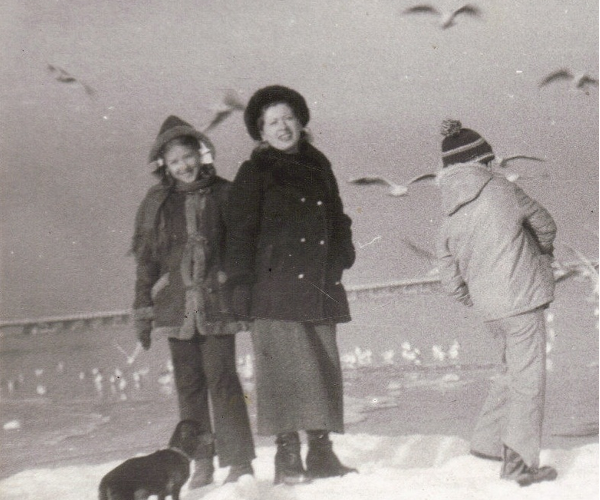
Katarzyna Jerzak
Institute of Modern Languages, Pomeranian University in Słupsk
A Dead Bird and a Cenotaph: Echoes of Antiquity in Janusz Korczak’s “King Matt on the Desert Island” (1923) and Margaret Wise Brown’s “The Dead Bird” (1938)
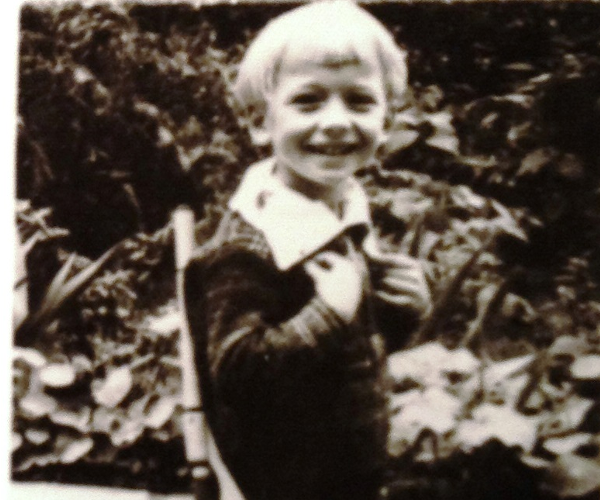
Jan Kieniewicz
Faculty of “Artes Liberales”, University of Warsaw
Mytho-picture: Combining Myth and Nature in the Patriotic Landscape
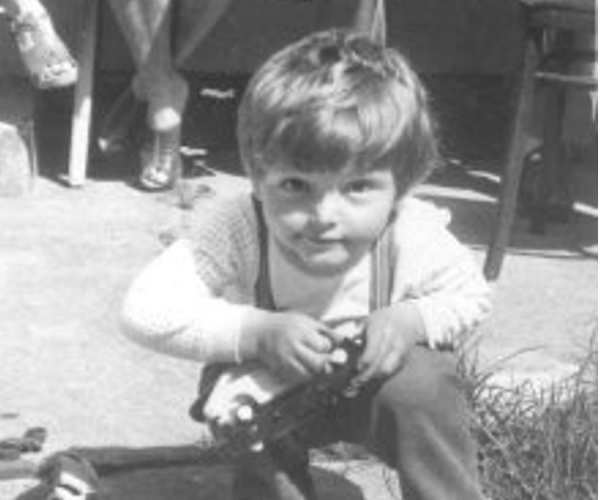
Przemysław Kordos
Faculty of “Artes Liberales”, University of Warsaw
Low Fantasy, High Conscience: Ecology in Some Exomimetic Worlds
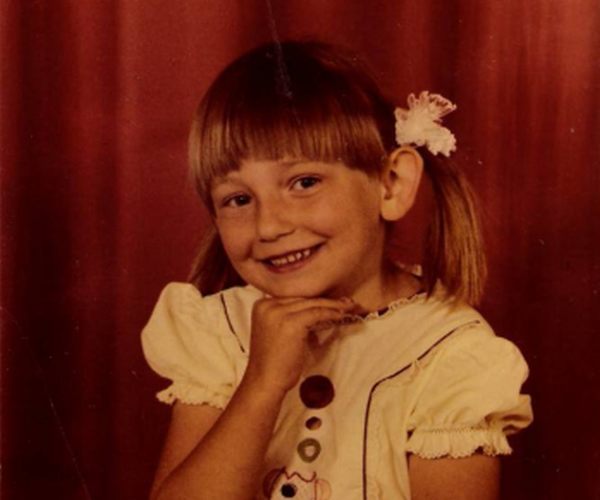
Karolina Anna Kulpa
Faculty of “Artes Liberales”, University of Warsaw
Antiquity Flavours in the Literary Cuisine of Małgorzata Musierowicz
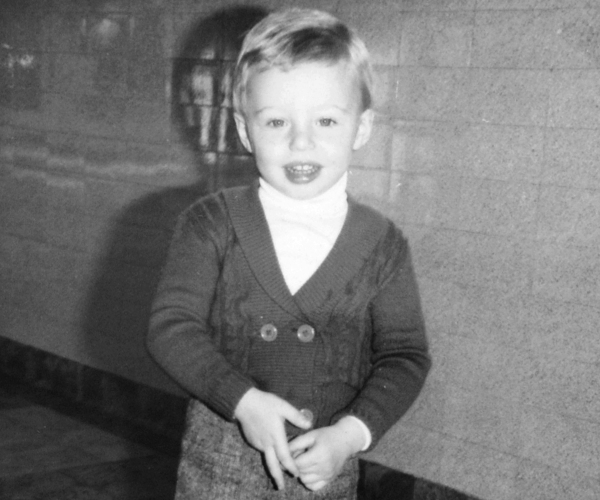
Christian Laes
School of Arts, Languages and Cultures, University of Manchester
christian.laes@manchester.a...
Antiquity's Childhood and Toys in Alfredo Bartoli's "Filius ad Matrem Reversus" (1950)
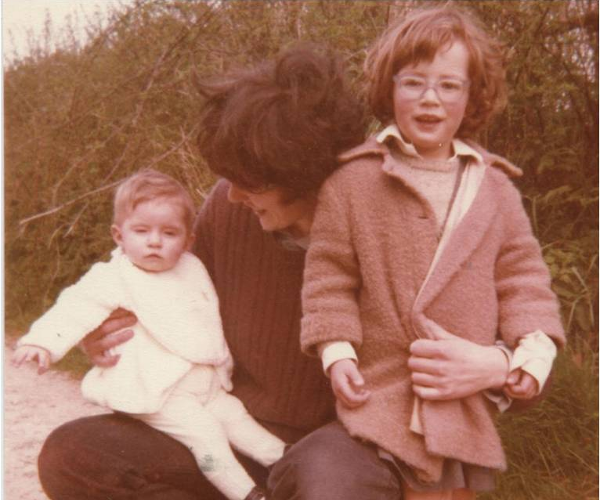
Helen Lovatt
Department of Classics and Archaeology, University of Nottingham
Bernard Evslin and the Clashing Rocks
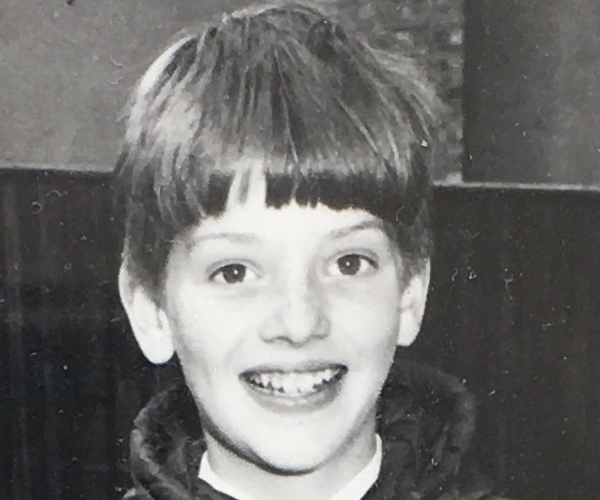
Nick Lowe
Department of Classics, Royal Holloway, University of London
What is it Like to be an Elephant?
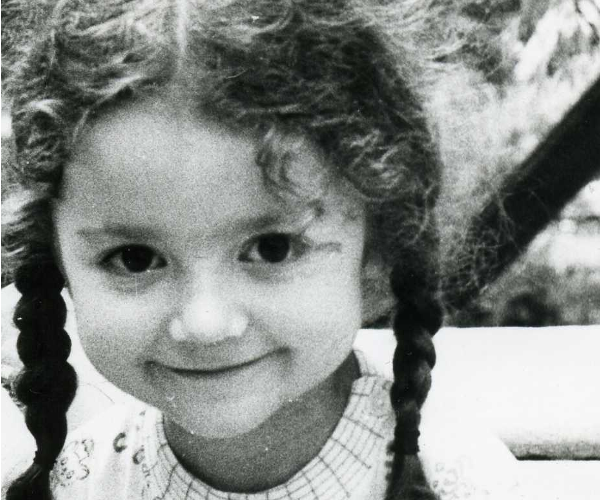
Katarzyna Marciniak
Faculty of “Artes Liberales”, University of Warsaw
Geralt on Climate Strikes: Ancient Motifs and Ecology in Andrzej Sapkowski’s Short-Stories of the Witcher Cycle
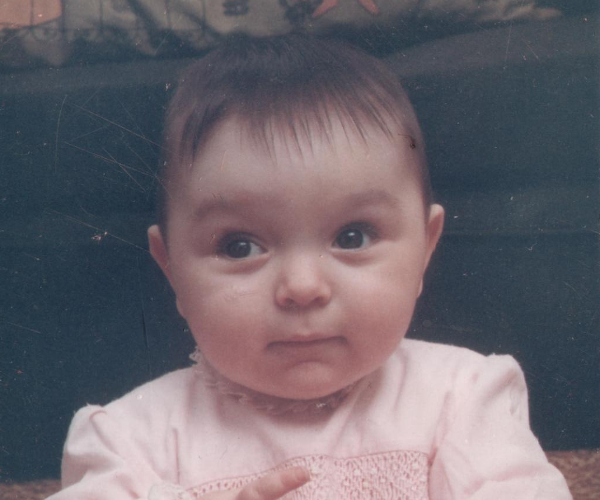
Lisa Maurice
Department of Classical Studies, Bar-Ilan University
The God Pan in Children’s Fiction and Culture
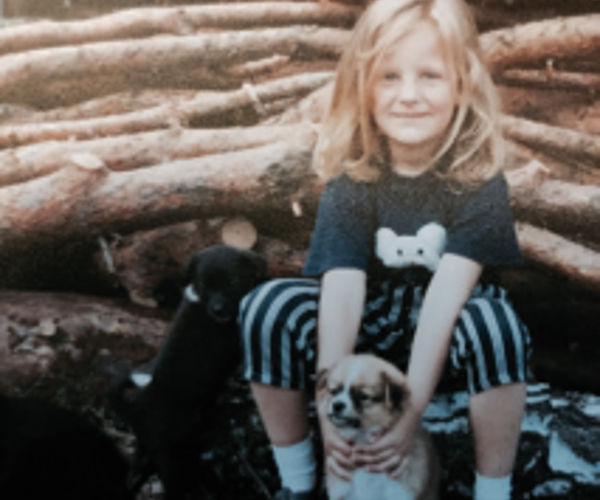
Anna Mik
Faculty of “Artes Liberales”, University of Warsaw
Mythical Labyrinthine Nature in Jan Bajtlik’s "Greek Myths and Mazes"
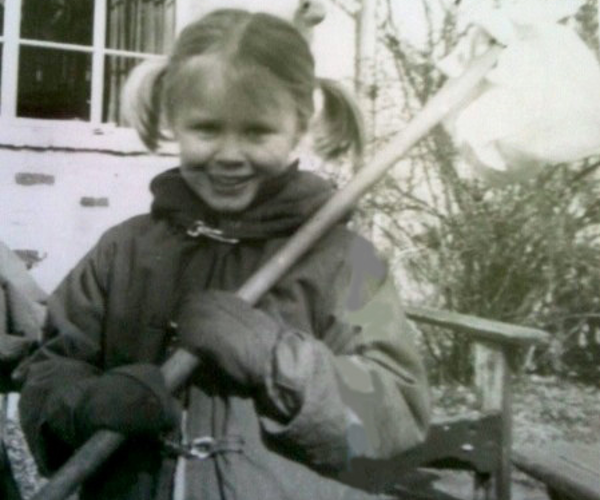
Sheila Murnaghan
Department of Classical Studies, University of Pennsylvania
The Secret Lives of Trees: Tales of Natural Transformation in Classical Myths for Children
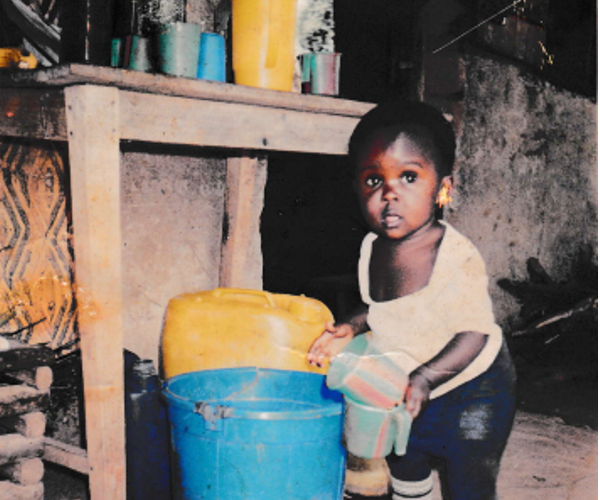
Divine Che Neba
Department of English ENS, University of Yaoundé 1
Nature Dynamics: From Descriptive to Prescriptive Nature Images in Yael Farber's "Molora"
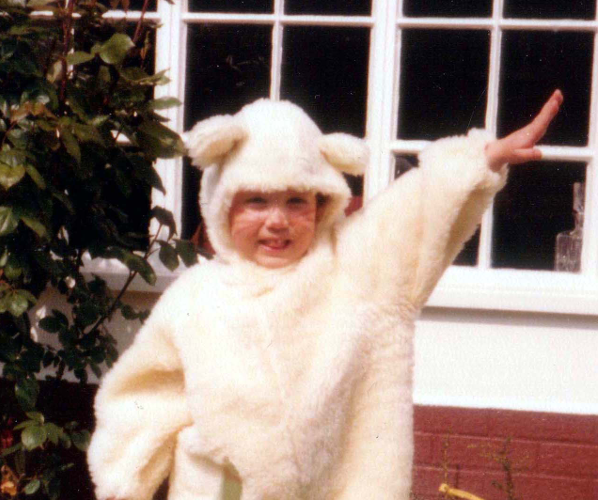
Sonya Nevin
School of Humanities, University of Roehampton / Panoply Vase Animation Project
Imagining Africa: Classical Antiquity in the Brontë Juvenilia
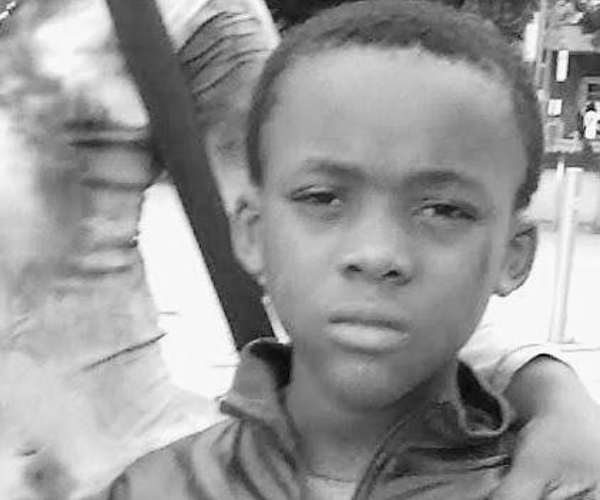
Daniel A. Nkemleke
Department of English ENS, University of Yaoundé 1
Nature Dynamics: From Descriptive to Prescriptive Nature Images in Yael Farber's "Molora"
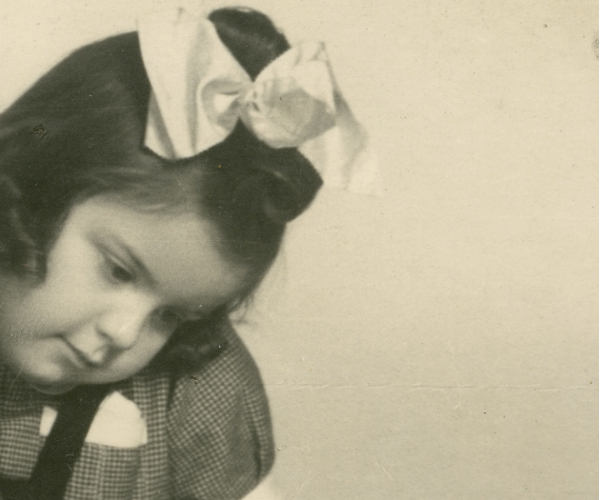
Elżbieta Olechowska
Faculty of “Artes Liberales”, University of Warsaw
Nothing Ancient Resonates with Children as Deeply as the Concept of an Animal Daemon. Philip Pullman’s Scenario for the Human-Animal Bond.
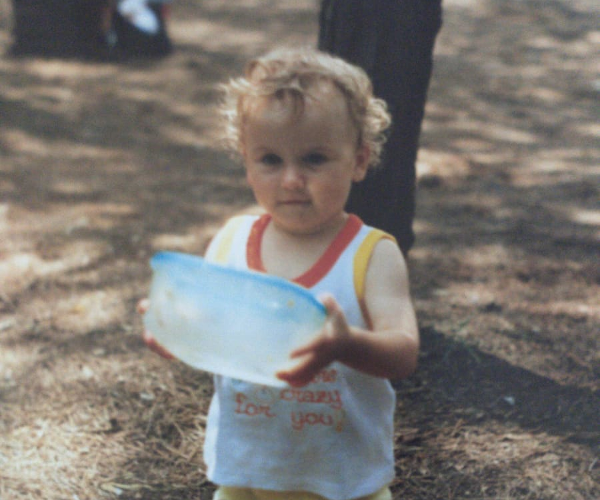
Beatrice Palmieri
Department of Classical Philology and Italian Studies, University of Bologna / Erasmus Programme
beatrice.palmieri@studio.un...
Gianni Rodari and the Myth of Atalanta: The Role of Nature in Knowledge of Culture
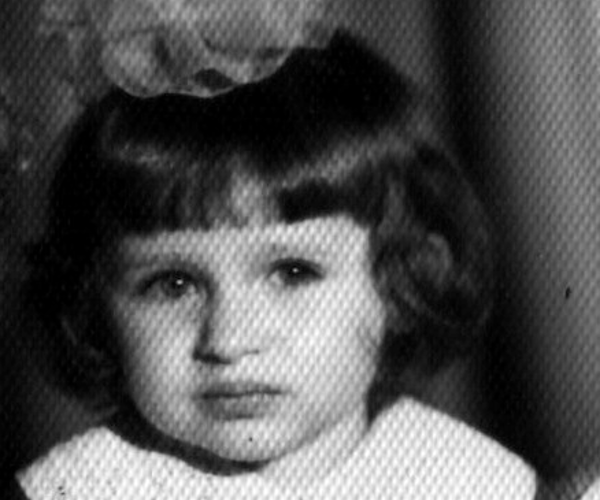
Hanna Paulouskaya
Faculty of "Artes Liberales", University of Warsaw
Constellations of Gods in Soviet Animation
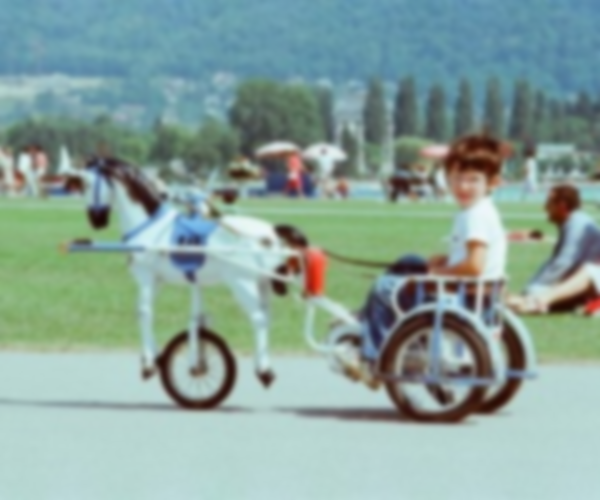
Edoardo Pecchini
Faculty of “Artes Liberales”, University of Warsaw
Promoting Mental Health through Classics: Odysseus

Ayelet Peer
Department of Classical Studies, Bar-Ilan University
Heroic Beasts: On Humans-Animals Relations in Lucy Coats' "Beasts of Olympus" Series
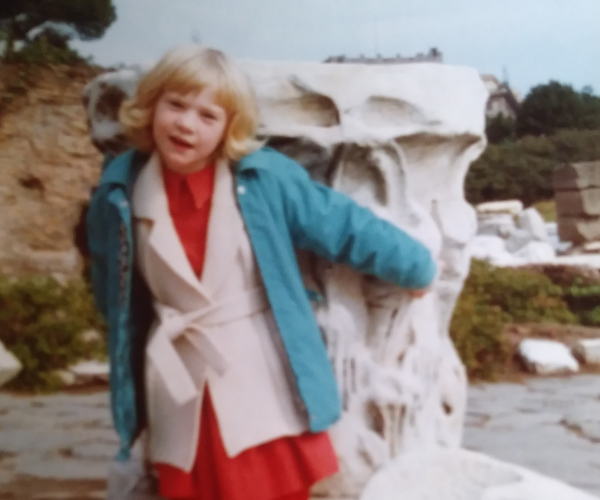
Amanda Potter
Open University
Save the Monster, Save the World: Living in Harmony with 'Monsters' in "Nausicaä of the Valley of the Wind"(1984) and '"Princess Mononoke" (1997)
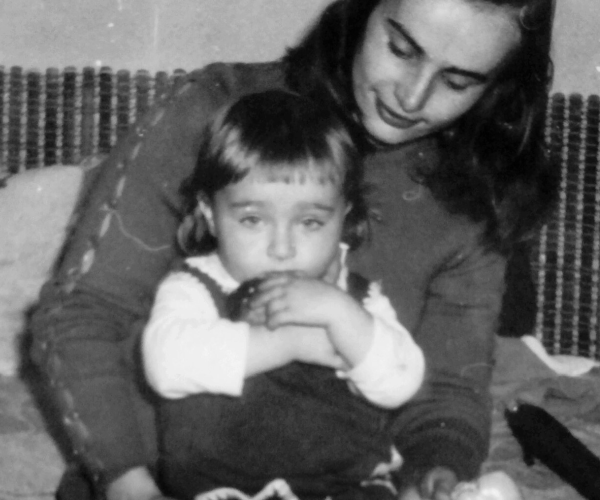
Marta Pszczolińska
Faculty of “Artes Liberales”, University of Warsaw
Domestic Animals: Minimus the Mouse and Vibrissa the Cat as a Latin Learning Supporting Team in "Minimus. Starting out in Latin" Textbook
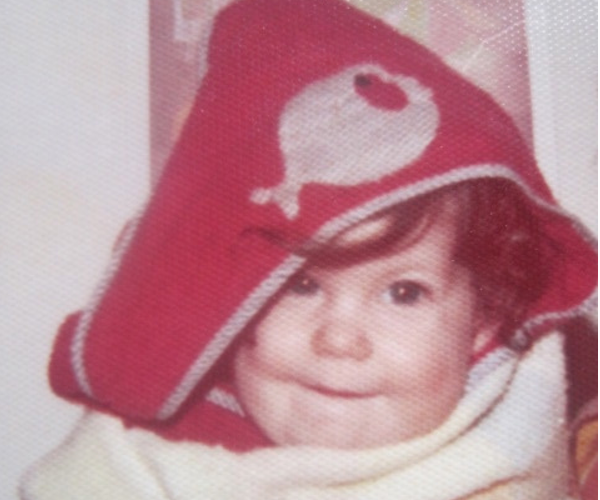
Babette Puetz
School of Languages and Cultures, Victoria University of Wellington
"No matter how dark the night, the sun always rises": The AD 79 Vesuvius Eruption in Contemporary Children's Literature
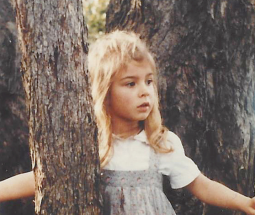
Miriam Riverlea
Faculty of Humanities, Arts, Social Sciences and Education, University of New England
Bushfire, Myths and Mallacoota
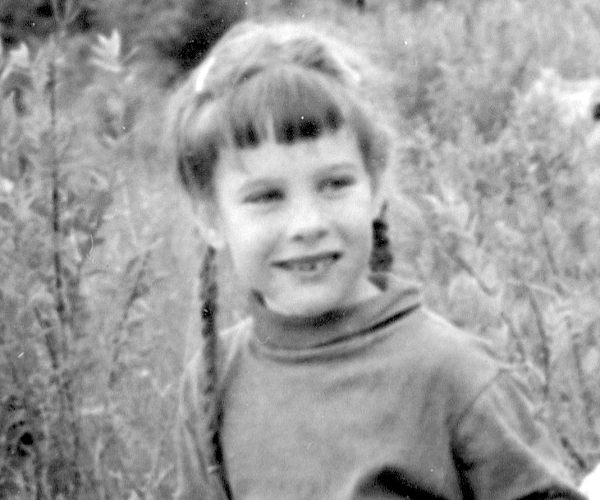
Deborah H. Roberts
Department of Classics, Haverford College
Natural Disaster, Social Change: Volcanic Eruptions in Children’s Literature and the Story of Thera
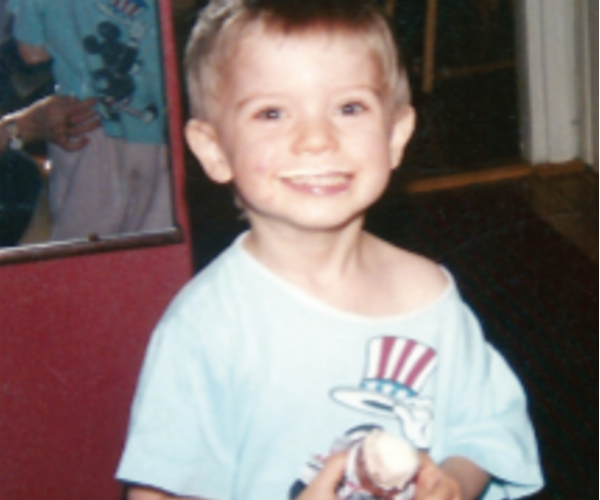
Krzysztof Rybak
Faculty of “Artes Liberales”, University of Warsaw
Serving Ancient Nature in Informational Picturebooks: Natural Products and Their Consumption in Antiquity and Beyond
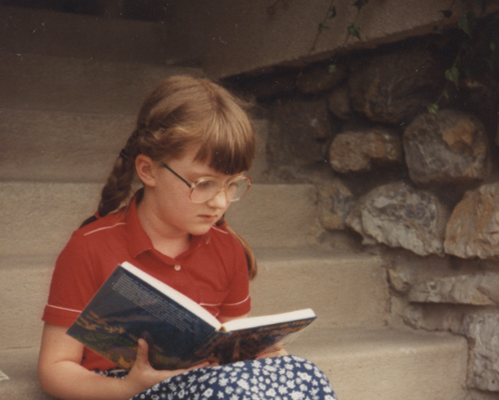
Sonja Schreiner
Department of Classical Philology, Medieval and Neolatin Studies, University of Vienna
Witty Education: Environment, Landscape, and Nature as Atmospheric Background and Stage Setting in Friedrich Wilhelm Zachariä's (1726–1777) Mock-Heroic Poetry
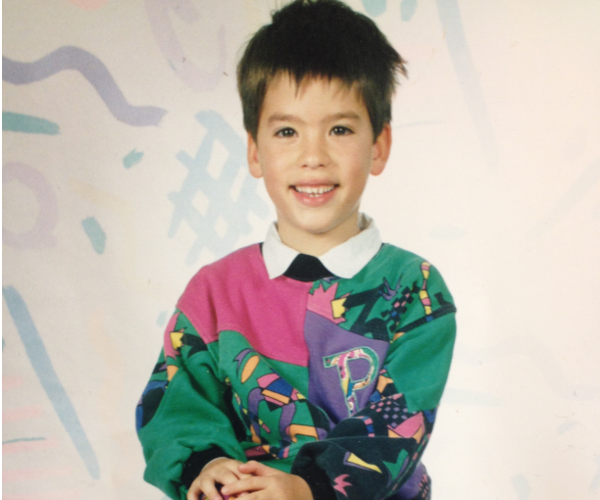
Michael Stierstorfer
Gymnasium Kloster Schäftlarn
The Reception of Atlantis in Current Children's Media as an (Un-)Natural Island
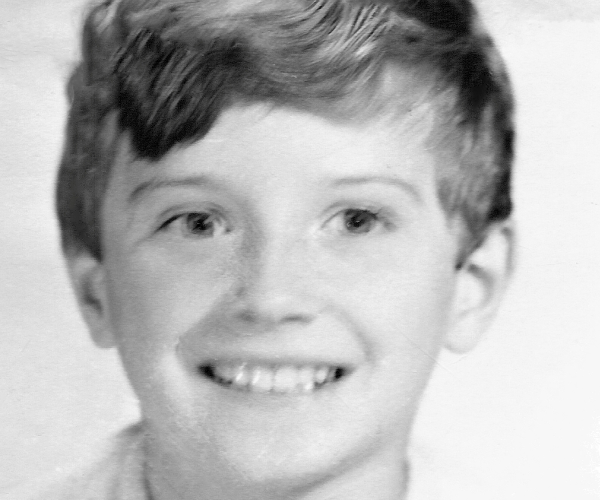
Robert A. Sucharski
Faculty of “Artes Liberales”, University of Warsaw
Halina Rudnicka and Her Ancient Trilogy or on the Nature of the True Hero(ine)s
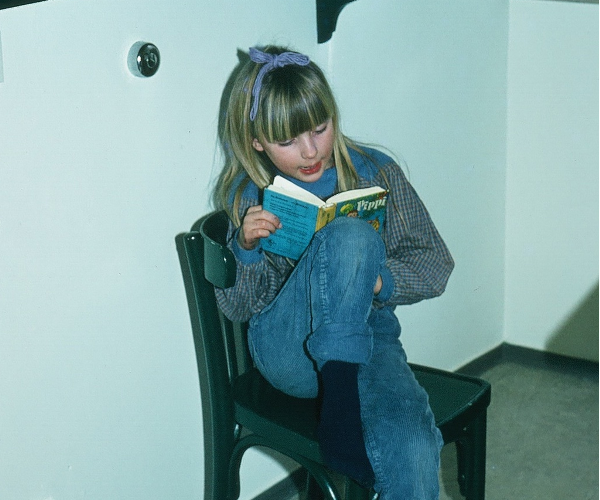
Karoline Thaidigsmann
Slavic Department, University of Heidelbeg
From Questions of Cultural Identity to the Challenges of a Globalized World. Crosswriting in Polish Literature since 1989 (A Résumé About Crossover Literature as a Means of Communicating with an Adult Readership)
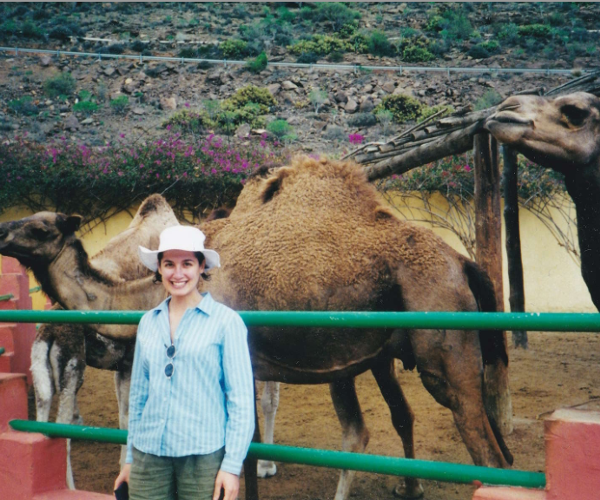
Katerina Volioti
School of Humanities, University of Roehampton
katerina.volioti@roehampton...
A Post-humanist Perspective: Plants, Animals, and Things in Children’s Books about the Classical Past




